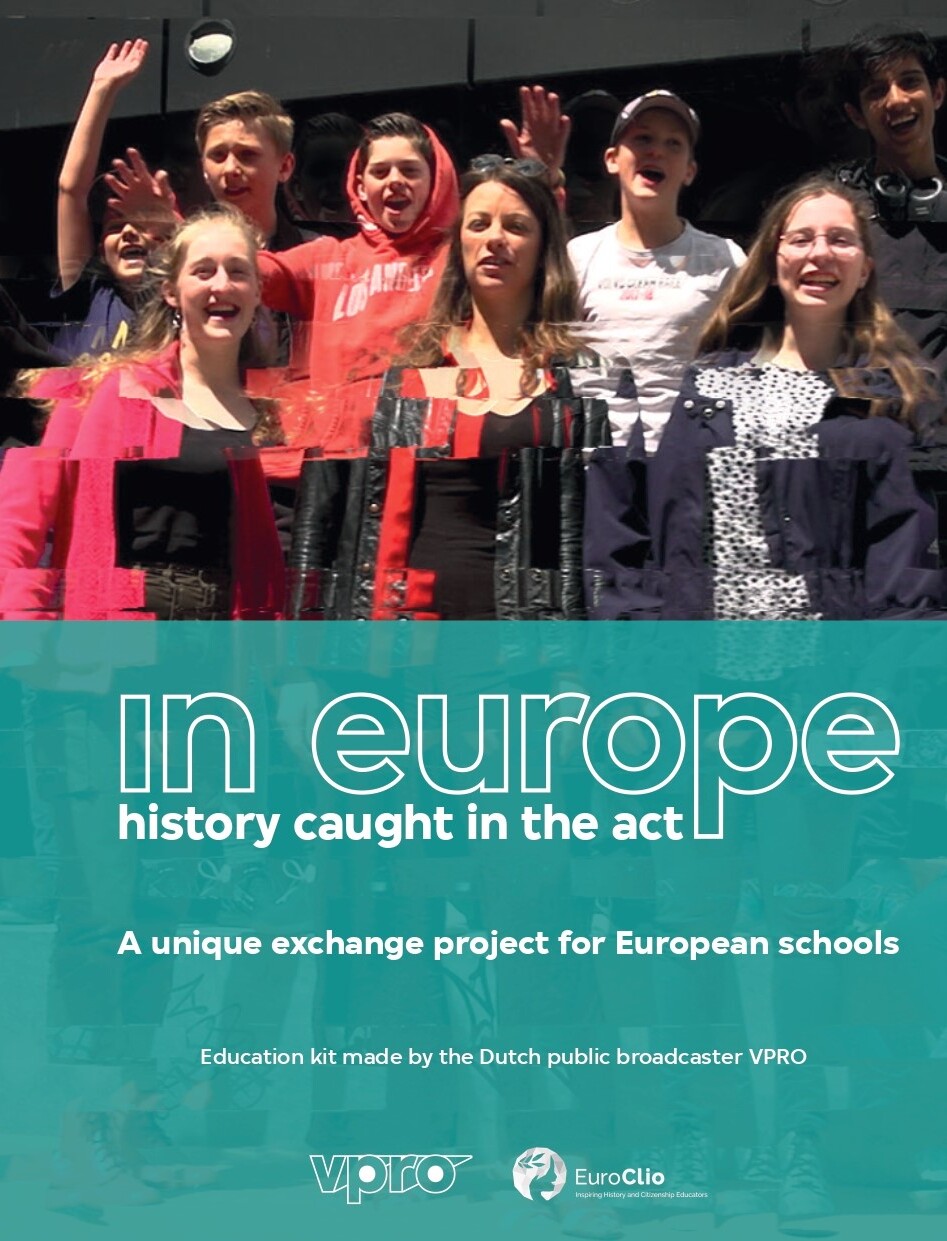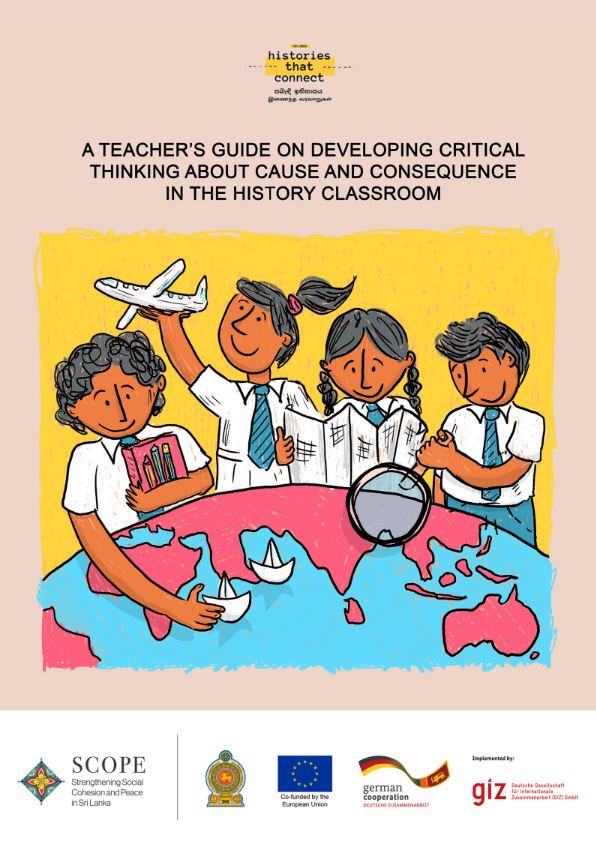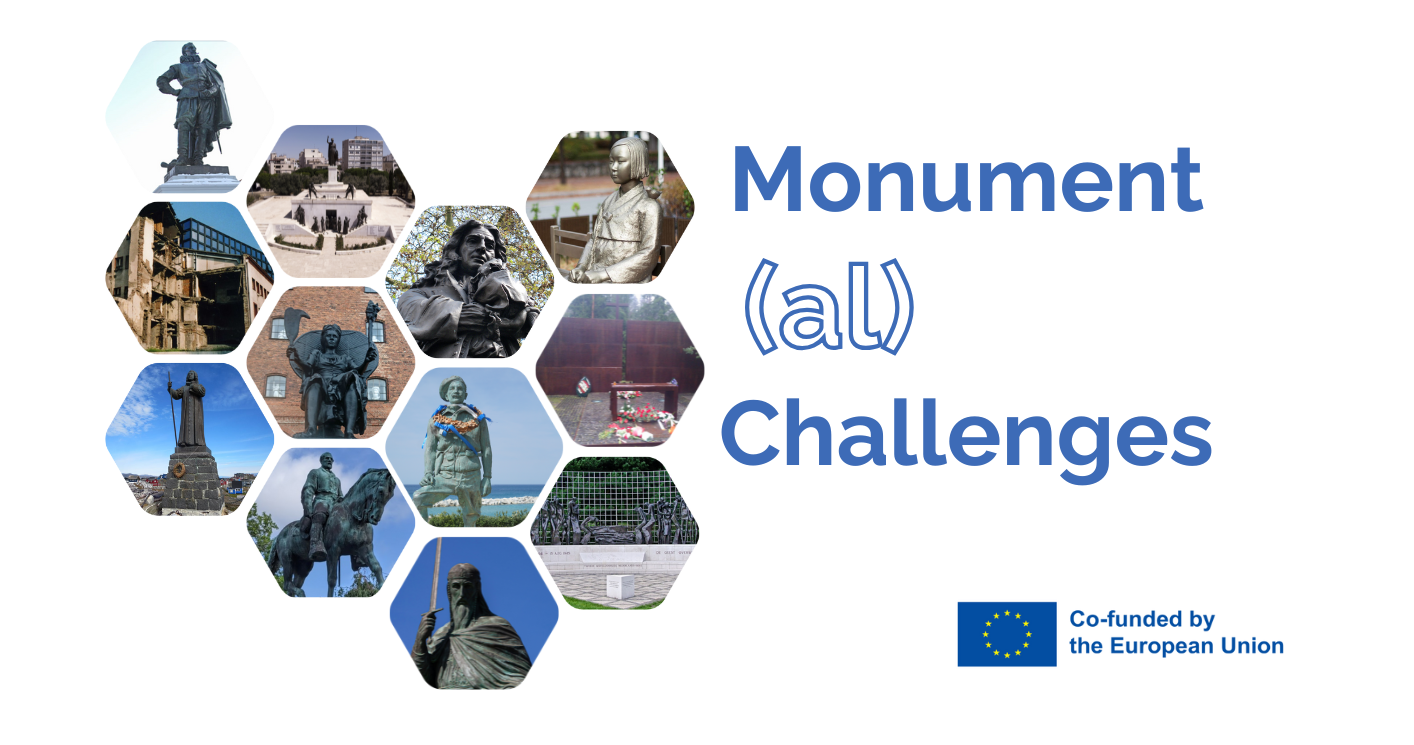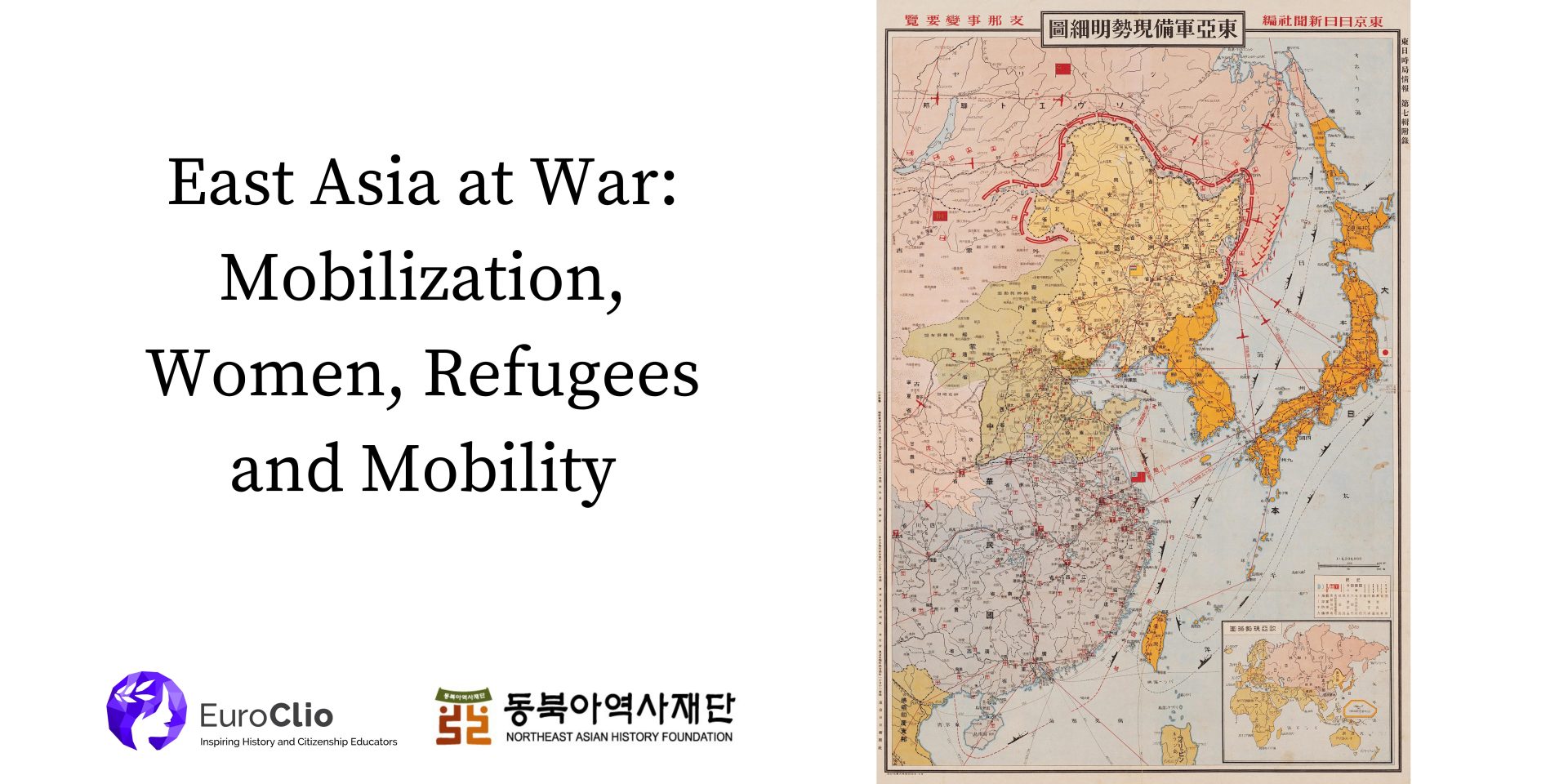In order to challenge students and to assess how well they have internalised the learning material, Ofelia Asatryan makes large use of quizzes. Such quizzes are of a peculiar typology: students do not receive each one his/her own paper with the quiz written: it is the teacher who reads out loud the questions, and students answer in a participatory manner. In this way, quizzes are designed and carried out in a manner that promotes equal opportunities for students with special education needs (SEN) to participate and learn. In particular, Ofelia applied this practice in a classroom with a student with hard-of-hearing, registering extremely positive results.
The Practice
This practice is characterized by a clear step-by-step approach.
- before the day of the quiz: Students are made aware that the quiz will be comprised of multiple-choice questions based on their learning material, and they are assigned as homework to go through the material in the days preceding the quiz (do home-reading, writing, etc).
- on the day of the quiz: students are provided with cards carrying the letters “A”, “B”, “C”, etc. (one card per option of the multiple choices). The quiz is carried out one question per time: the teacher reads out the question loudly and clearly and the students raise the card which has the right answer option’s letter. While other students hear the question read out, the student with hard-of-hearing gets the sense of the question by reading it from the teacher’s lips.
- After raising the cards, the teacher quickly scans the answers. If there are wrong answers, she provides the students with supplementary information on the question, without mentioning whose answer was wrong. Afterwards she repeats the question once more and scans the answers again. If all the students have answered right, the teacher goes on, if there are students who answered wrong again, the teacher writes the names of these students in her notebook. Then she reads the next question. For the students answering wrong twice, the teacher organizes extra lessons. In case of stable and long lasting difficulties, Ofelia asks the school special pedagogue for help.
Obstacles and lessons learned
Lip reading can be an obstacle, since it is not well developed in all the children, and besides, not all the teachers, taking this into consideration, apply expressive lipstick or speak expressively.
In addition to this, lip reading can sometimes be very difficult for the hard-of-hearing student, and as a result some questions may be attained incorrectly. Taking this into account, Ofelia now prepares slides for each question, in order to ensure the full comprehension of the hard-of-hearing student. When reading the question, the corresponding slide is shown on the screen.
This type of questioning requires the teacher to be very quick and attentive (read the question, scan the answers on time, remember those answering wrong, mention the names of those answering wrong for the second time, not to let the students help each other), thus the application of modern computer technologies (e.g. apps or tablets with the use of quiz softwares) would be preferable for choosing the answers.
The next obstacle typical for this technique is that active and talkative students have to be silent, which sometimes makes them nervous, so after the assignment they may be hyperactive.
This approach may be applied productively in the classes having teacher assistant. Ofelia often asks her students to help her, including the hard-of-hearing one. For example, they may be asked to write down the names of their classmates answering wrong.
The effect of the practice
Usually, teachers working with inclusive classes are challenged with the requirement of assessing students’ achievements, including those of students with special education needs (SEN). In such situation, the use of quiz can be a help as it allows the teacher to clearly see how well the (SEN) student has mastered the given material.
This approach provides the students’ participation not only as ones being questioned, but also as a teacher’s assistant. The role of the teacher’s assistant is particularly productive in case of students who are active, dynamic, have difficulty in focusing attention, as well as in case of hard-of-hearing students. The students who have strong abilities in attaining the material, will gain from the role of a teacher’s assistant as well, since in case of wrong answers the repetitions and additional support can be boring for them. When they have the role of the teacher’s assistant and have to accomplish additional activities, they remain active and included in the lesson process.
About the interviewee
Ofelia Asatryan is a secondary school History and Citizenship teacher at a public school in Yerevan, Armenia. She has 10 years of practice in working in inclusive school.
Background to the project
Inclusive education has been introduced to Armenian public education system since early 2000s, while it was mainstreamed into the Law on Public Education in 2014 requiring all public schools in Armenia to turn into inclusive schools.
Five students with hard-of-hearing attend Ofelya’s school. From that point of view the school is unique, because in Armenia students with hearing disabilities usually attend special schools. Two years ago a student with hard-of-hearing came to Ofelia’s class. Now she is in 8th grade. She does not speak, instead she has a well-developed lip-reading skill that helps her understand what others talk. To meet her needs, Ofelia has tried several techniques to make her History learning more meaningful.
Written by Armenuhi Avagyan (Armenian State Pedagogical University after Kh. Abovyan) based on an interview with Ofelia Asatryan in Yerevan, Armenia on 11.05.2017.




